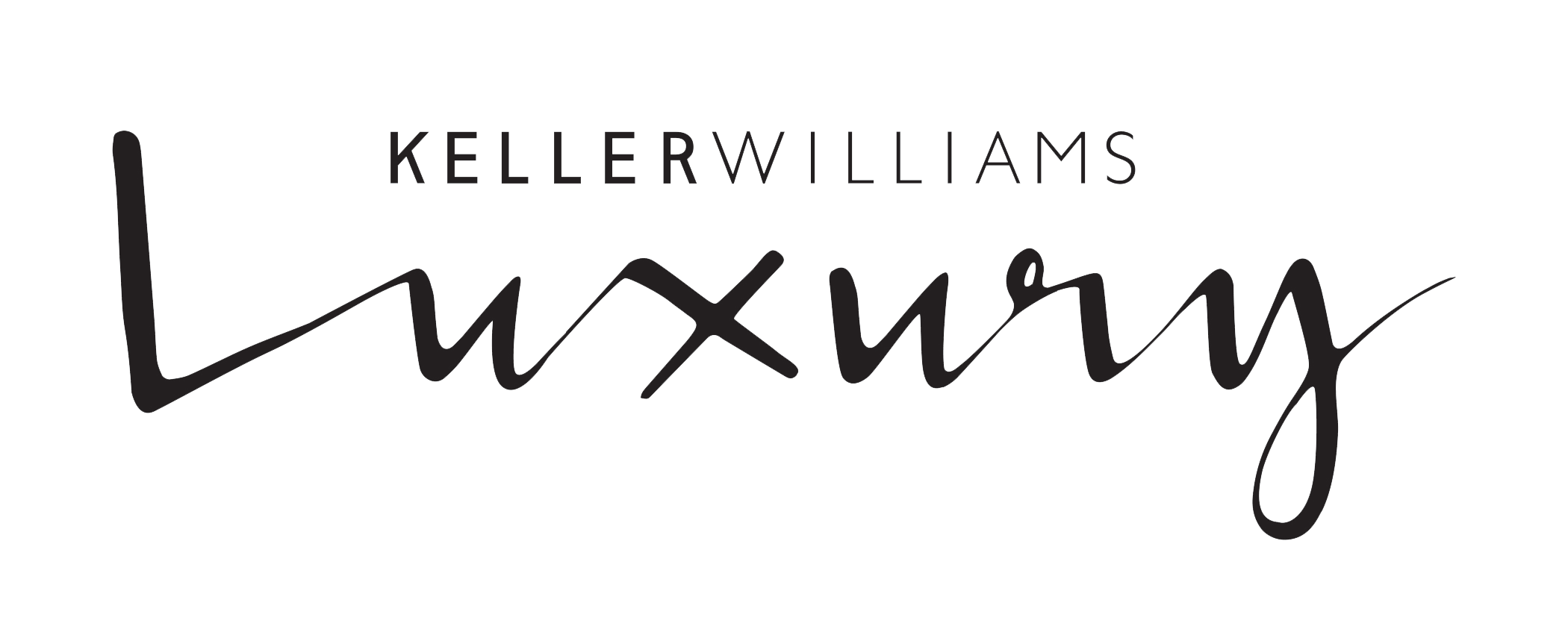Dispelling Common Homeowners Insurance Myths

Ed Greable
Homeowners insurance often goes unnoticed until a crisis hits. Whether it's a tree falling through the roof or a burst pipe flooding the basement, it's during these moments you realize the importance of understanding your policy. Let's clarify some common myths to help you make informed decisions about your home's protection, especially relevant to those in the Greater Boston area.
Myth #1: Homeowners Insurance Covers Everything
Many believe that homeowners insurance covers all types of damage or disasters, but this isn’t the case. Most policies have exclusions. For instance, standard policies generally do not cover flood damage. In Boston, where coastal flooding can be a concern, you need a separate flood insurance policy through the National Flood Insurance Program or a private insurer. Earthquake damage is another exclusion and typically requires an add-on or a separate policy. Routine wear and tear or maintenance issues aren't covered either, as insurance is meant for sudden and accidental damage, not deterioration over time. Sewer backups are also usually excluded, but many insurers offer additional protection through a rider.
Myth #2: My Home is Insured for Its Market Value
It's a common misconception that insurance should cover the market value of your home. In reality, insurance focuses on the cost to rebuild, not the resale value. For homes in Greater Boston, where housing market dynamics can cause significant fluctuations, it’s key to understand this distinction. Market value includes land and location elements, while replacement cost deals with materials and labor to reconstruct your home similar to its original state. Given the rising construction costs in the region, it's wise to review your policy regularly to ensure adequate coverage.
Myth #3: If Someone Gets Hurt on My Property, It’s Always Covered
Liability coverage does protect you if someone is injured on your property, but with exceptions. If the injury results from neglect—such as an ignored, rotting deck railing—you could be liable for damages beyond your policy limits. Moreover, if you run a business from home and a client gets injured, your standard policy might not cover it.
Myth #4: My Policy Covers My Valuables Fully
Standard homeowners policies typically have coverage limits for high-value items like jewelry, artwork, and electronics. This means that if valuable items are lost, stolen, or damaged, you might only receive partial compensation. To ensure full protection, you can add a scheduled personal property endorsement to your policy. This extra coverage is essential for items exceeding standard policy limits. Keep in mind to periodically review these appraisals, especially in Greater Boston where market value can increase rapidly.
Myth #5: I Don’t Need Additional Insurance Because I Work from Home
With the rise of remote work, many assume their standard insurance covers work-related equipment and activities. This is often a misunderstanding. Standard policies might offer limited coverage for business property, but with specific restrictions. Your policy might not cover employer-owned equipment, and it usually lacks business liability protection. For Greater Boston residents working from home, consider a home-based business policy or a business property endorsement for better coverage.
Myth #6: Homeowners Insurance Covers Mold and Termite Damage
Mold and pest damage are often seen as preventable maintenance issues, which is why most policies don’t cover them. However, if mold results from a covered peril like a burst pipe, your policy may help with remediation. In regions with old historical homes like Greater Boston, being proactive with maintenance is crucial to avoid these issues altogether.
Myth #7: If My Neighbor’s Tree Falls on My House, They Pay for It
Many are surprised to learn that your policy covers damage to your property, regardless of where the tree came from. However, if your neighbor was negligent—aware that the tree was dead and did nothing—there might be grounds to claim with their insurance or take legal action. Considering Boston's many tree-lined neighborhoods, this is a notable point to remember.
Myth #8: Filing a Claim Always Leads to Higher Premiums
This is not always true. Insurance companies consider many factors when adjusting rates, including claims history, type of claim, and location. A single small claim may not significantly impact your premium, but frequent claims or high payouts could raise your rates. Hence, it's essential to weigh repair costs against your deductible before filing a claim.
Final Thoughts
Homeowners insurance is an important safety measure, but it’s not one-size-fits-all. Understanding your coverage can help you avoid costly surprises. For residents in Greater Boston, it's vital to review your policy regularly. If you have questions about how homeowners insurance affects your real estate decisions, let's discuss it further.
Thinking about selling your home?
Get in touch. We'll guide you through every step of the process to ensure a smooth transaction that meets your goals.



